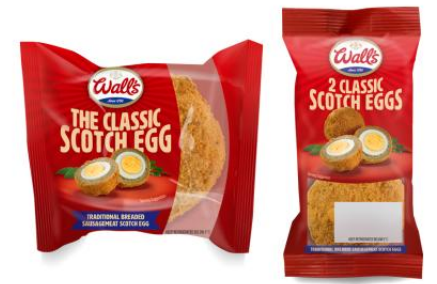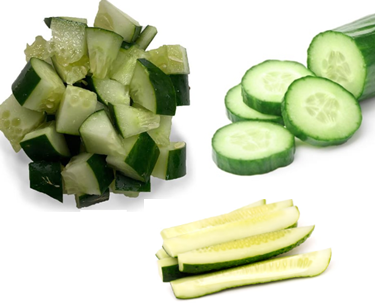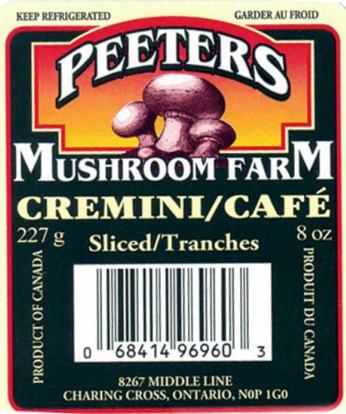The FDA and CDC, in collaboration with state and local partners, investigated illnesses in a multistate outbreak of Salmonella Montevideo infections linked to cucumbers grown by Bedner Growers, Inc. (Boynton Beach, Florida) and distributed by Fresh Start Produce Sales, Inc. (Delray, Florida). As of June 30, 2025, 69 people infected with the outbreak strain of Salmonella were reported from 21 states (AL, CA, CO, FL, GA, IL, IN, KS, KY, MD, MA, MI, MS, NC, NJ, NY, OH, PA, SC, TN, and VA). Of the 60 people for whom information was available, 22 were hospitalized. Of the 35 people interviewed, 29 (83%) reported eating or likely eating cucumbers. The CDC has declared the outbreak over. Epidemiologic and traceback information demonstrated that cucumbers grown by Bedner Growers, Inc., were the source of illnesses in this outbreak. Several companies issued recalls for cucumbers and products containing recalled cucumbers. The recalled product has passed its shelf life and should no longer be available for sale in stores. As part of this investigation, the FDA collected a product sample of cucumbers from Bedner Growers, Inc., at a distribution center in Pennsylvania. Salmonella was detected in the sample of cucumbers. WGS analysis determined that the product sample contained Salmonella Montevideo, which matched the strain of Salmonella linked to illnesses in this outbreak. Additional analysis of the cucumber sample from the Pennsylvania distribution center identified a Salmonella Braenderup strain that matched a strain of Salmonella linked to some illnesses in the 2024 outbreak of Salmonella infections associated with cucumbers. @ https://www.fda.gov/food/outbreaks-foodborne-illness/outbreak-investigation-salmonella-cucumbers-may-2025?utm_medium=email&utm_source=govdelivery




